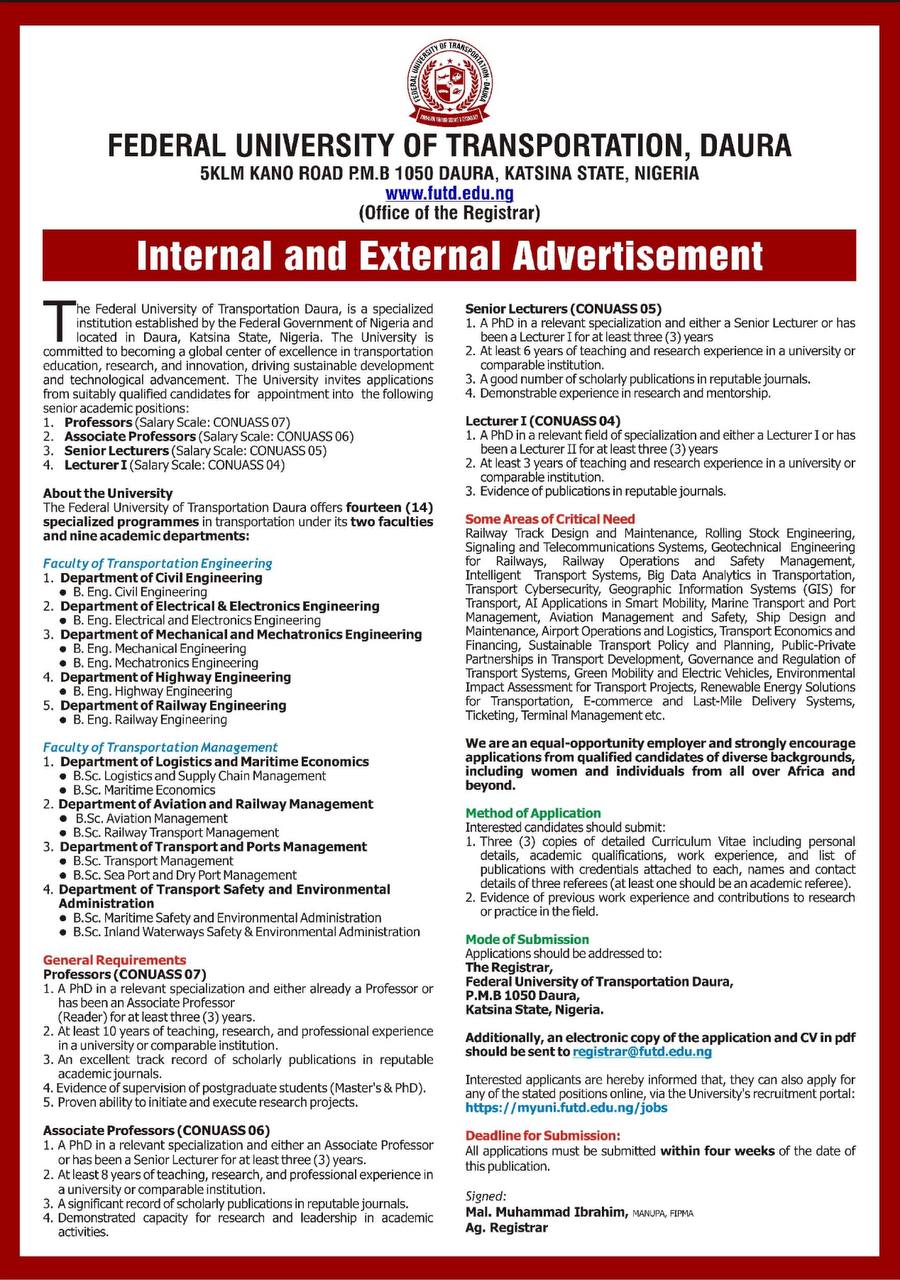Being out on bail would allow Ghosn to spend more time with his defense team and prepare for a trial that’s still likely months away. Ghosn — accused of aggravated breach of trust and filing false statements to regulators regarding $80 million in deferred income — could face a decade in prison if convicted.
At the very least, the prosecutors’ appeal means Ghosn likely won’t be released Tuesday, said Stephen Givens, a law professor at Sophia University in Tokyo.
In prison, Ghosn has endured continuous interrogation by prosecutors and had only limited contact with his legal team. The case has put Japan’s justice system under a spotlight, and it has been criticized for its heavy reliance on defendants’ confessions, which often are made without a lawyer being present.
Confronting a Japanese legal system with a 99 percent conviction rate, Ghosn last month replaced a defense team led by former local prosecutor Motonari Otsuru with one overseen by Hironaka, who is known for aggressive tactics defending high-profile clients such as a former senior bureaucrat accused of corruption.
Authorities in Japan are investigating Ghosn’s business dealings globally, including in the Middle East and Europe.
Nissan approved arrangements for the purchase of several homes, including those in Brazil and Lebanon, Ghosn said in a January interview with Japan’s Nikkei newspaper.
Ghosn’s switched lawyers late last month after his first legal team failed in two attempts to win bail. The court had refused bail citing concerns about flight and evidence tampering.
Ghosn faces three indictments on allegations of financial misconduct at Nissan and is entering a fourth month in a Tokyo jail following his Nov. 19 arrest.
Ghosn denies all charges. If found guilty, he faces up to 10 years in prison.
Approval of Ghosn’s bail comes amid mounting international pressure on Japan and criticism of judicial practices many say are out of step with international norms.
Before indictment, suspects can be held for weeks without charge and subjected to lengthy interrogation by prosecutors in the absence of their attorneys.
Hironaka slammed Japan’s system as one of “hostage justice” and said the country’s handling of Ghosn’s case would affect Japan’s standing in the court of international opinion.
Ghosn’s co-defendant, Greg Kelly, was released on bail Dec. 25. An American director at Nissan, Kelly is accused of helping Ghosn falsify company financial filings to hide some $80 million in deferred compensation. Kelly, who is restricted from leaving Japan, also denies the charges.
In the first interview after his arrest, Ghosn told the Nikkei in January that he had “no doubt” his arrest was the result of “plot and treason” by Nissan executives opposed to his plan to merge Nissan and Renault. He said he planned to combine them in a 50-50 holding company.
Nissan CEO Hiroto Saikawa, in a separate interview last week with Shukan Bunshun, acknowledged there was mounting resistance inside Nissan to Ghosn’s overtures about merging the management of the two companies.
Ghosn began raising the idea in February 2018, Saikawa said. Even though Saikawa repeatedly objected to the proposal, Ghosn and Kelly continued to push for it.
Nissan resistance
But Saikawa said his own resistance to any management integration between Renault and Nissan had nothing to do with the charges of financial malfeasance leveled against Ghosn.
That investigation, he said, had begun separately in early 2018, without Saikawa’s knowledge. Saikawa said he learned about the allegations only in October, a month before Ghosn’s arrest.













